Remember when the most controversial thing about the cast of The Cosby Show was Lisa Bonet’s sex scene in Angel Heart? Ah, the good ol’ days.
The year was 1987, and the Huxtables were America’s family, but their facade of upper-middle-class sitcom perfection took a hit when word came that the MPAA had slapped Bonet’s debut film, Angel Heart, with an X rating because of a sex scene in which she rolled around naked in a pool of blood with Mickey Rourke. The mix of sexual and violent imagery apparently was too much for American sensibilities (no one seemed to care that her character was 17, and Rourke’s character was at least twice her age), and in order to prevent the Midwest from suffering a collective coronary at the sight of Denise Huxtable in flagrante delicto, the MPAA effectively blocked the movie’s release by saddling it with an X rating.
At the last minute, director Alan Parker agreed to cut 10 seconds of the scene in order to achieve an R rating, but its release was much less newsworthy than the buildup — in part because the offending scene itself wasn’t as outrageous as the images in people’s dirty, filthy minds (granted, I have yet to wipe the rabbity movements of Rourke’s pasty booty from my mind). And frankly, as with most controversies of this sort, the folks who were most offended were the ones who never even watched it in the first place.
As a hormonal teen, I watched Angel Heart more out of titillated curiosity than anything, but while the titillation turned out to be minimal, the twisty mystery proved to be a surprisingly engaging slice of pulpy horror-noir.
That said, it’s also guilty of falling into what I call “white spectator” horror. Like the following year’s similarly entertaining-but-troublesome The Serpent and the Rainbow, it revolves around a white protagonist — private eye Harry Angel (Rourke) on a missing-persons case for a mysterious client (Robert DeNiro) — venturing into a “dangerous” realm populated by people of color. In this case, it’s New Orleans, a magical land where black folks apparently do one of three things: 1) practice voodoo, 2) play the blues or 3) tap dance on street corners. This type of white spectatorship in genre films has a long cinematic tradition dating back to King Kong, I Walked with a Zombie, Black Moon and other “wilds of Africa and/or the Caribbean” features that painted black people as either outright sinister or mysterious enough to be considered sinister.
Bonet plays an unwed teen mom who moonlights as a voodoo priestess, dancing seductively to African drums in secret ceremonies where she slices open live chickens and bathes in their blood before simulating a sex act while her boobs pop out of her dress. You know, typical kid stuff. Frankly, her nipples should’ve gotten top billing in the movie; they’re certainly the most lively thing about her cool-to-the-point-of-listless performance.
The portrayal of voodoo here is dark and ominous, typical of “white spectator” horror — or really, of any horror not made by black filmmakers (who tend to present a more sympathetic view of the religion). Even though voodoo isn’t directly tied to Satanism in the plot, it’s still put forth as a “dark art” in proximity to it, and by mixing the two together in the same storyline, it basically equates them.
In the film, the inherent danger of the black community isn’t limited to New Orleans, though. Even in Angel’s hometown of New York City, he runs afoul of a Harlem preacher, Pastor John (Gerald Orange), who’s presented as a money-grubbing megalomaniac who may have literally sold his soul to attain his status. Thus, not only is voodoo morally perverted in the movie, but so too is Christianity.
For all its racial and cultural issues, though, Angel Heart is still a compelling, hauntingly atmospheric mystery with some “press Pause and think about it” twists that make you want to give it a pass — like that casually racist uncle who always gives you the best birthday presents.
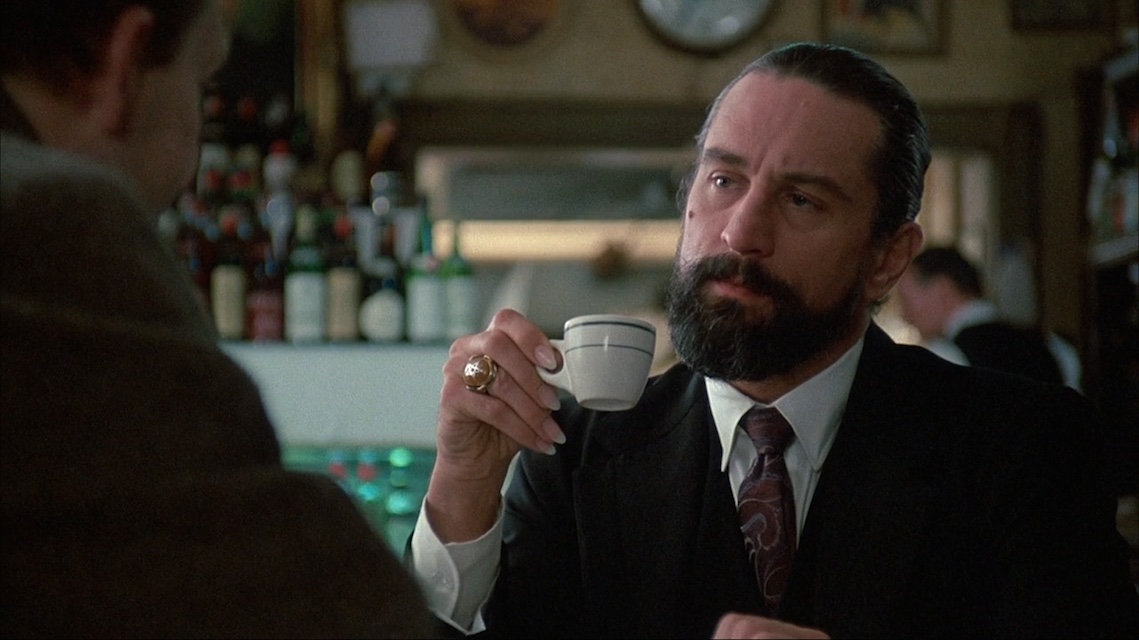
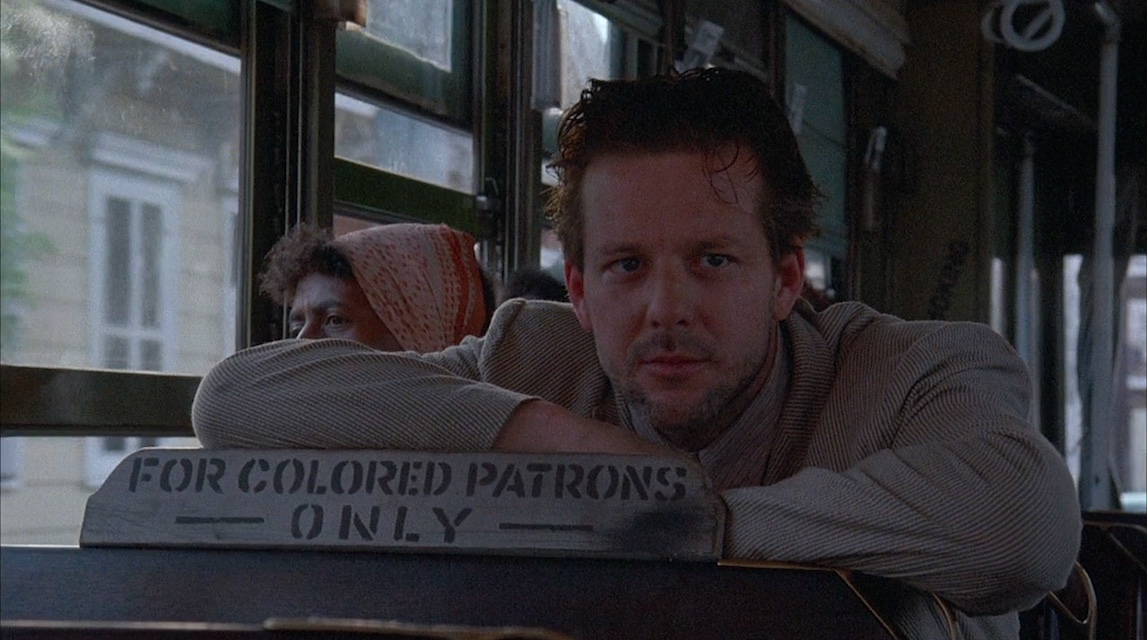
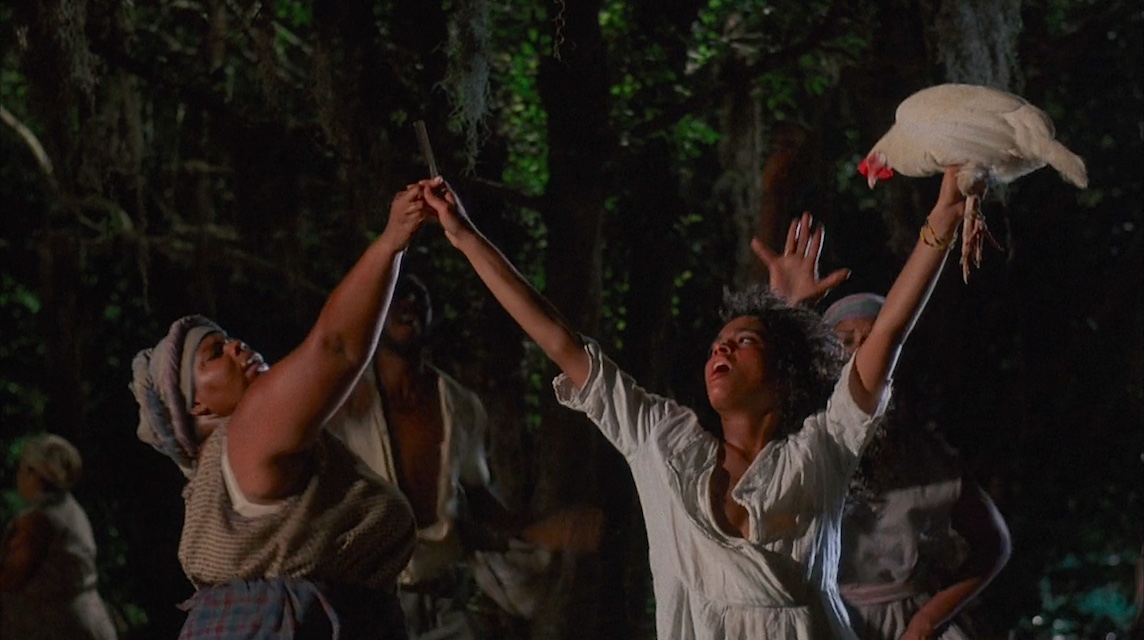
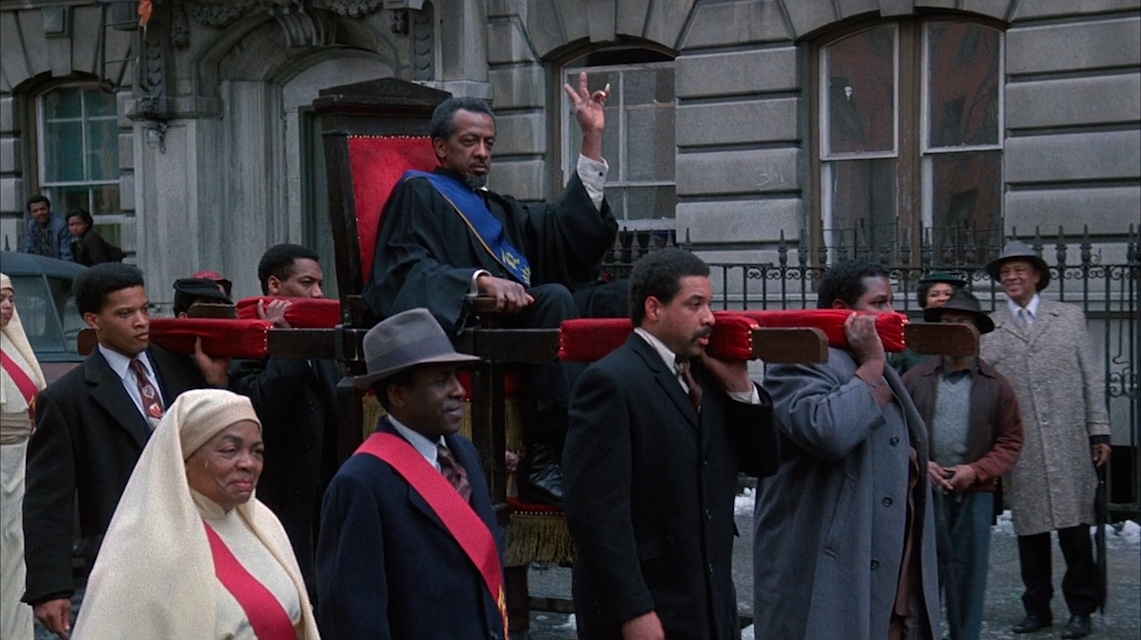
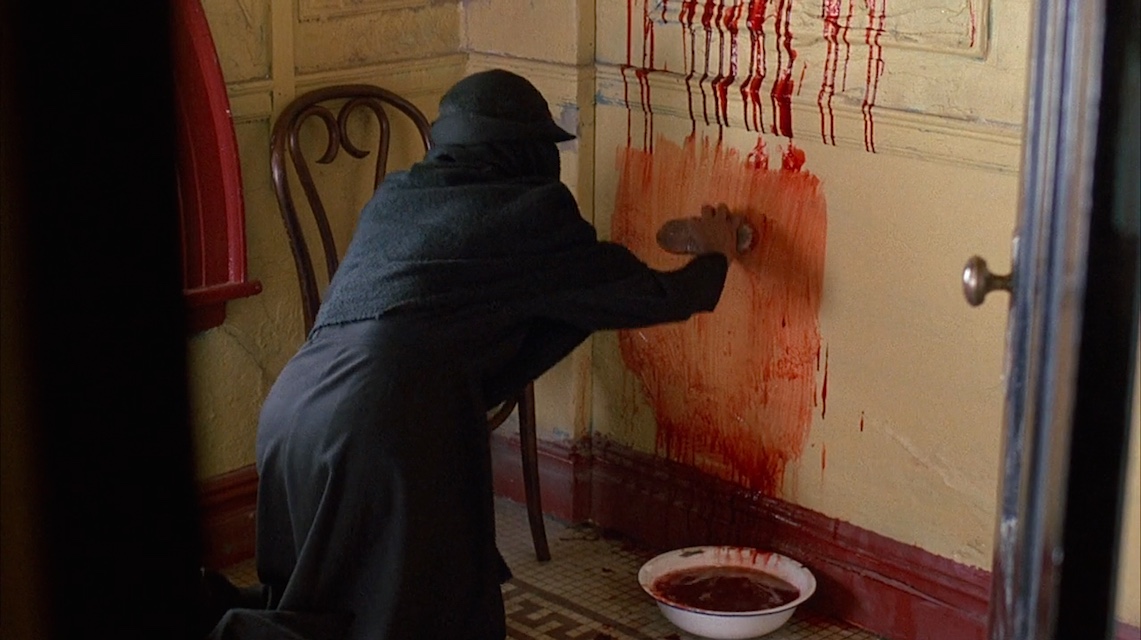
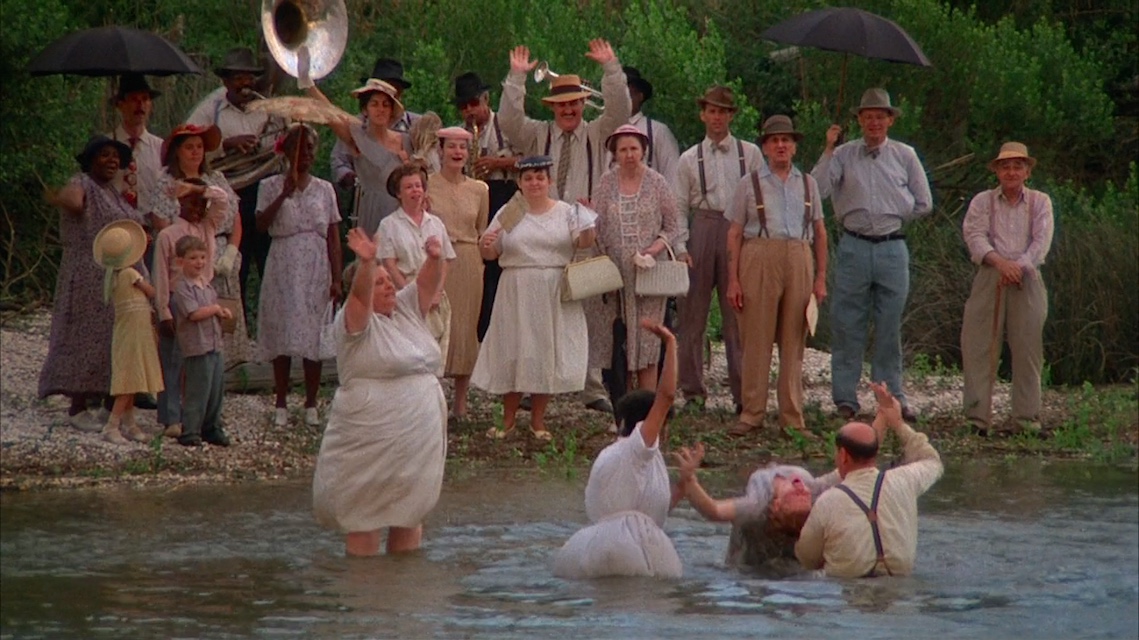

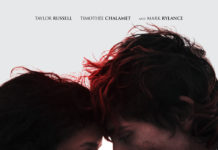


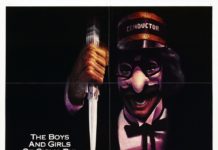
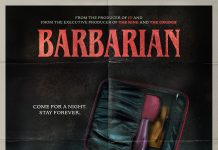
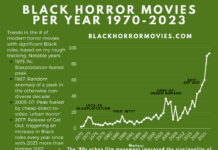
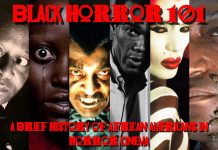
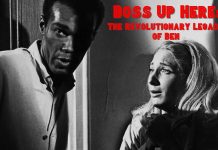
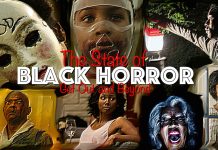
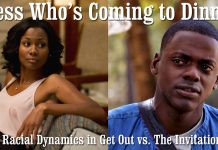
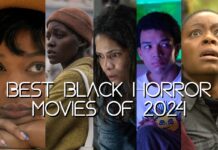
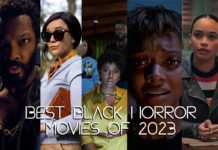
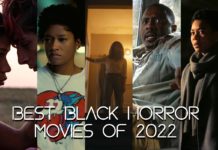


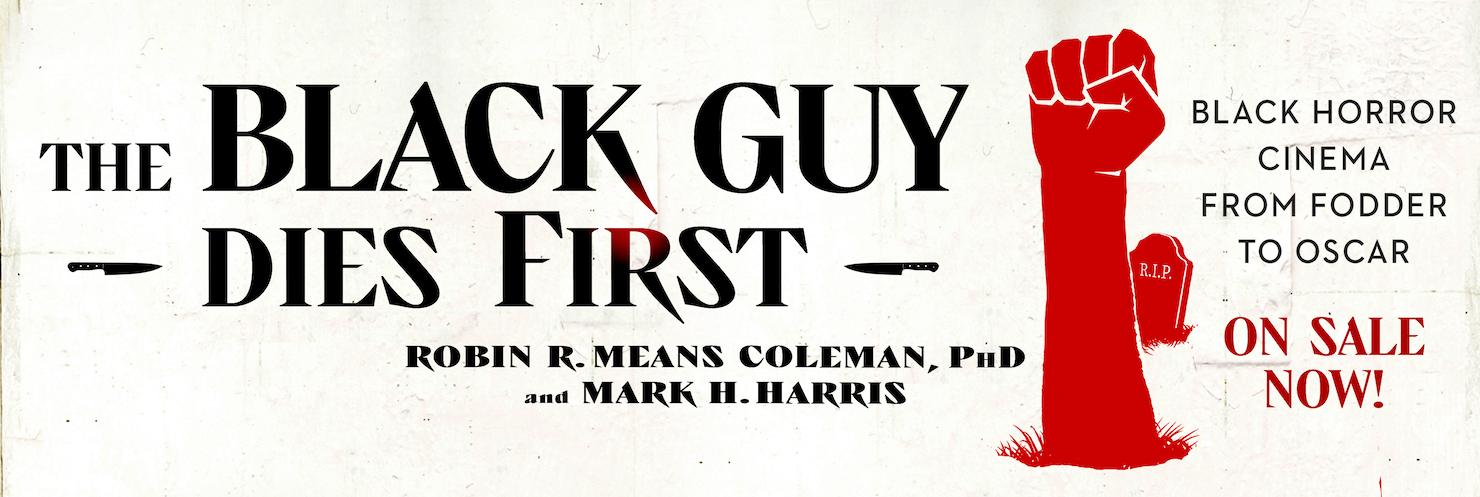
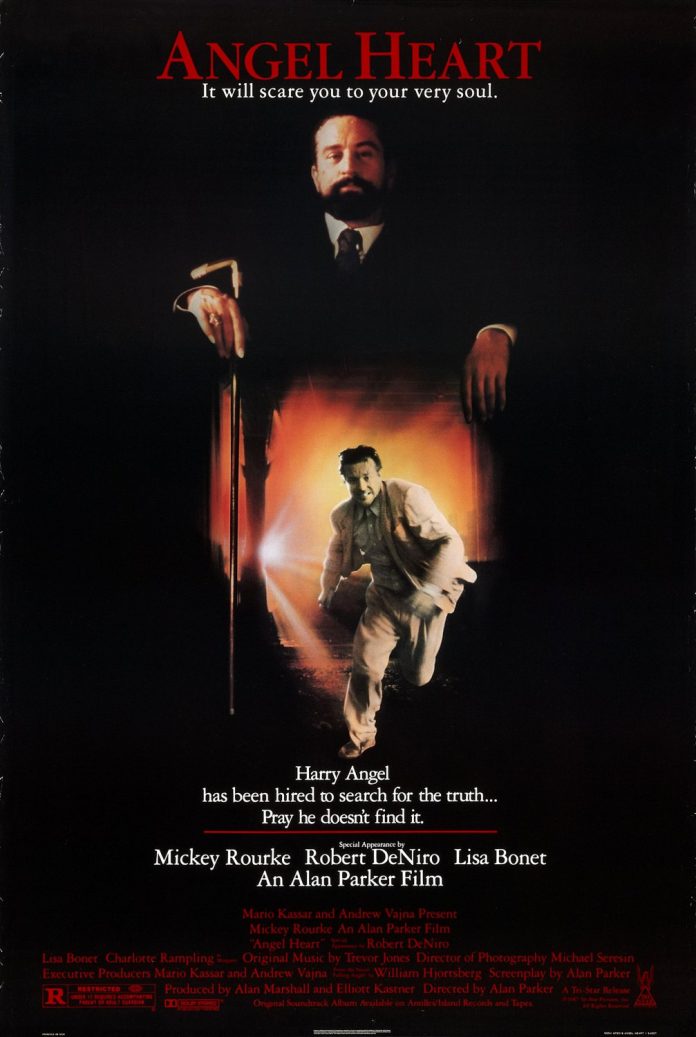

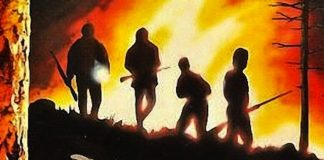
I don’t like to be one of those “the book was better” guys, but it kind of was. I seem to recall it never left New York City, so all the New Orleans business was an invention of the movie. It does look very slick (Parker was one of those ad men directors), but Robert De Niro may be many things, weird isn’t one of them, so there was awkward casting.
Apparently Lisa Bonet’s movie career was harmed by this role? I don’t remember her being in anything as high profile afterwards despite the publicity, though there was A Different World on TV for a while. I dunno, you take a few chances with your career and it comes back and bites you.
I haven’t read the book, but that would be an interesting difference if it never went to New Orleans. I’d say the role hurt Lisa Bonet’s career a bit, but so did her general eccentricity and frankly the fact that she wasn’t that great an actress (and probably wasn’t totally committed to it anyway). So in the long run, I don’t think it was terribly damaging.